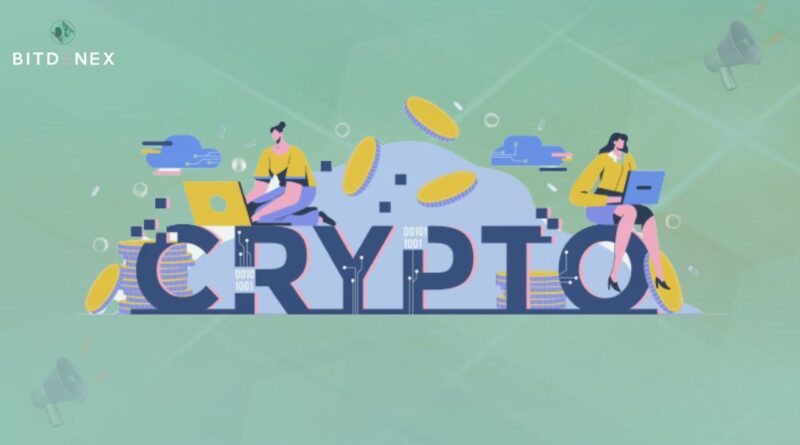Bitcoin ETF race gets 13th entrant, BlackRock revises ETF model
Pando’s ETF bid comes as a number of spot Bitcoin ETF applications approach a final decision deadline. Pando Asset, a Swiss asset manager, has emerged as an unexpected late entrant into the spot Bitcoin exchange-traded fund (ETF) competition in the United States. On the same day, investment firm BlackRock met with the country’s securities regulator and submitted a Form S-1 to the Securities and Exchange Commission — used to register securities with the agency — for the Pando Asset Spot Bitcoin Trust.
According to Pando Securities, the trust will track Bitcoin’s price using Coinbase as its custody arm to hold Bitcoin on its behalf, similar to other ETF bids. As the 13th bidder hoping to have a Bitcoin ETF approved in the U.S., Pando joins a dozen others bidding for the SEC’s approval, including BlackRock, ARK Invest, and Grayscale.
Bloomberg ETF analyst Eric Balchunas said in a Nov. 29 X (Twitter) post that he has “more questions than answers” about Pando’s filing, querying why it came so late. Balchunas also expressed concern about the consequences if Pando’s ETF is among the “crew” of Bitcoin ETF registrations that he thinks will be approved on January 10.
“What does that say about fair play and even society as we know it?” he said. Balchunas and fellow Bloomberg ETF analyst James Seyffart believe that all spot Bitcoin ETFs will be approved on January 10, the day the SEC must decide whether to reject or approve ARK Invest’s bid. Seyffart, on the other hand, told his X followers that he doubts Pando’s ETF “is ready to go on [the] first day with the others but crazier things have happened I guess.”
BlackRock meets with SEC to discuss ETF bid
Meanwhile, according to agency records, the SEC met with executives from BlackRock and Invesco on Nov. 28 to discuss their ETF bids. In response to the SEC’s concerns voiced at a prior meeting regarding the balance sheet implications and risks for U.S. broker-dealers dealing with overseas crypto businesses, BlackRock proposed a change to their redemption model. The modification, according to Balchunas, involves the offshore firm receiving Bitcoin from Coinbase and paying the U.S. licenced broker-dealer in cash, which cannot directly handle Bitcoin. According to Balchunas, broker-dealers can’t deal in Bitcoin and the SEC is requiring ETFs to have redemption models that “put the onus on issuers to do this” transact in Bitcoin and keeps broker-dealers from having to use unregistered subsidiaries or third party firms to deal [with] the BTC.”
Buy and sell crypto in minutes with 0.20% trading fees at Bitdenex Exchange.

